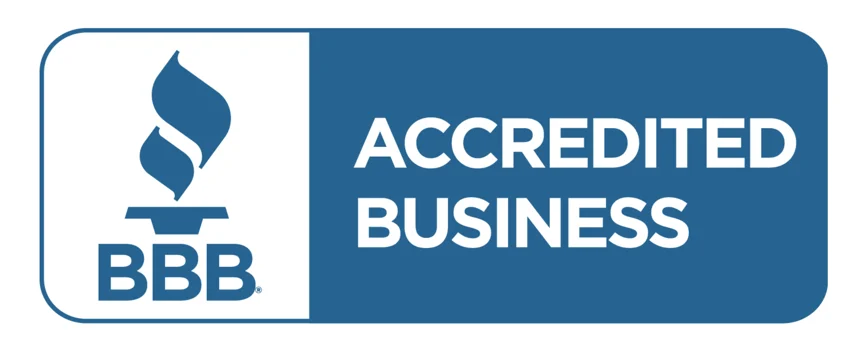What Can I Do With Inherited Property?
Oct 02, 2019 | Hometown Development
If you’ve recently inherited property from a loved one, you may be wondering what to do. Whether you’ve inherited the property solely, or jointly with siblings or other family members, it can be a difficult decision to keep or sell the property, especially as you grieve the loss of your loved one. In nearly every case of inherited property, you have three basic options — keep the property, list it, or accept a cash offer. Here’s what you need to know about each:
Keep the Inherited Property To Live In or Rent
Keeping the property is a good idea if you would like to live in it, or if the property is well-suited for renters. If you’ve inherited the property on your own, this is an easy decision to make, because you’re calling all of the shots. If you and a sibling or another family member inherited the property together, you’ll have to come to an agreement together.
For example, if you decide to live in the home, you’ll have to compensate your sibling accordingly, either by buying them out of the house or by paying them regular rent. This is a little easier to work out if you’re renting out the property — you simply split the rent equally between all owners.
If you do plan to keep the property, there are a few housekeeping items you’ll want to take care of before you or a renter officially move in:
- Plan for property taxes to rise — If the home has been owned by the same person for quite some time, it’s likely that your property taxes will go up now that the property has transferred ownership. While this isn’t too big of a deal if you’re renting (you can just up the rent accordingly) this could be an issue if you’re planning to live in the home.
- Get a home inspection — Many inherited homes have been lived in and maintained by senior owners, who may not have been able to keep up with large-scale maintenance in their later years. Before you officially move in or rent out the house, it’s in your best interest to have the property inspected to ensure there are no major structural problems to be fixed.
Keeping your inherited property is a great way to move into a home that’s better suited to your family, or generate a bit of extra income by renting it out. Either way, know that you’ll have to tackle a bit of work — cleaning, making repairs, ensuring there are no necessary renovations — before anyone can move in.
List It
If you live far from the inherited property, or if the property was left to multiple parties, you might be considering listing the home on the traditional market. This is an especially attractive option if there was no mortgage on the home because everything you make on the home will be a profit to split between you and the other inheritors.
Listing a home on the traditional market is a good way to recoup fair shares for all of the property owners, but it will take a bit of work. Here are a few of the steps that go into listing a home on the market:
Tidy Up the Property
First and foremost, you’ll have to clean the home out entirely to prepare it to be listed, and it’s also a good idea to get a pre-inspection done before you put the home up on the market. This will help you get on top of any big renovations or repairs, and have them completed before you list the home.
Find a Realtor You Trust
You’ll also need to find a realtor you trust. It’s a good idea to talk to a few realtors who are familiar with the neighborhood and the local market. Choose a realtor who is invested in your property, and understands your goals for selling the home. If you live further away, you’ll be relying on your realtor to get the home sold quickly, so it’s important you choose someone you can trust.
List the Property
Once you’ve identified and made any necessary updates or renovations, have cleaned your inherited property up, and have found a realtor, you can list the property. Remember that while listing the home traditionally can provide a number of benefits, it can also take some time. The closing process alone can take up to 90 days, and sometimes more. If there is a mortgage on the property, you and the other owners of the property will have to keep up on those payments until you officially close on the home.
Choose a Cash Offer
Inheriting a home can be stressful, especially if you’re inheriting the property with a number of other family members, or if the home has an expensive mortgage payment or costly necessary repairs. If you and the other inheritors just aren’t sure how to keep up with the property, you might consider an all-cash offer from a trusted local real estate investor.
This is also a good choice when you don’t live near the inherited property. When you work with a real estate investor who makes a cash offer, you don’t have to worry about:
- Cleaning — Real estate investors purchase homes as-is, so you can take the items you want from the home, and move on quickly, without worrying about cleaning and tidying up.
- Renovations — Since the home is purchased as-is, the real estate investor assumes any structural problems or large-scale necessary renovations or repairs.
- Closing — Cash offers can be made and closed on in a matter of days, not months. If you’re worried about making mortgage payments or rising property taxes, a cash sale can help you move on from that inherited property quickly, at minimal to no expense to you or your family.
If you’re dealing with a home that’s in disrepair, or a number of inheritors who can’t agree on the best route to go for the property, accepting an as-is cash offer is often the best option. Everyone gets a fair split of the profit, and you’re all able to walk away from the inherited property without additional expense on anyone’s part.
Inheriting property isn’t always the gift it seems like at first. If you’ve recently inherited property you don’t have time to care for or keep, Hometown Development can help. We purchase properties in any condition, for cash. Contact us online, or give us a call at 616-379-3077 for information about a cash offer for your home.







